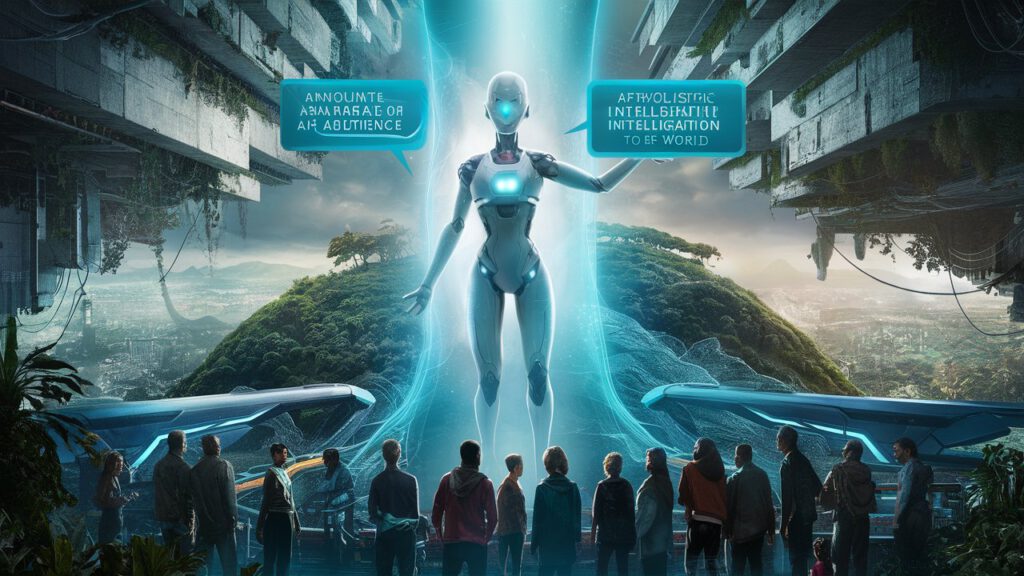
With its ability to produce videos from textual descriptions, OpenAI’s Sora, a ground-breaking text-to-video generation tool, has garnered a lot of attention. It promises to bring to life absurd scenarios like dolphin riding and interstellar hamster adventures. Even with all the excitement, everyone’s thinking is the same: when will the general public be able to use this cutting-edge tool?
In an interview with The Wall Street Journal, OpenAI chief technology officer Mira Murati said that Sora will be available “this year” that is in 2024.
OpenAI is stressing caution and has not yet provided a specific launch date for Sora. With a small team of developers, the organization is now conducting extensive testing to make sure that Sora won’t be abused for spreading false information or producing deepfakes. This careful testing stage is essential to ensure that the tool doesn’t cause harm, demonstrating OpenAI’s dedication to responsible development.
The public release date of Sora is still unknown because OpenAI wants to take considerable precautions before releasing the tool on a large scale. During this stage of development, society should also think about the moral implications of this powerful technology and how it should be used.As for Sora’s price, OpenAI has not yet disclosed if it will be a free or premium service, like ChatGPT. Prioritizing the safety and efficacy of the tool over monetization is still the organization’s top concern.
Who Is Allowed to Use OpenAI’s Sora?

Sora is currently restricted to the following groups:
Cybersecurity Experts: They are responsible for spotting weaknesses and potential abuse in AI systems. Their efforts are crucial to ensuring that Sora is safe for public use.
Select Content Creators: Sora’s creative abilities are being put to the test by a select group of designers, filmmakers, and visual artists. Their suggestions will aid OpenAI in improving the tool for creative and artistic uses.
It’s advised for those who are anxiously anticipating Sora’s release to follow OpenAI on social media or the OpenAI blog for updates on any announcements about public access. In conclusion, the emphasis is on guaranteeing Sora’s safety and moral application, even though the precise date of its public release is still unknown. Instead of being viewed with impatience, this time of anticipation should be used as an opportunity to consider responsible innovation and the technology’s capacity for transformation.

Rob Williams is a tech enthusiast and digital content creator with a passion for emerging technologies. With over five years of experience in the field of digital marketing and content production, Rob has been closely following the developments in AI and its applications in media creation. When not writing about the latest in AI, Alex enjoys experimenting with new digital tools and sharing insights with the online tech community.